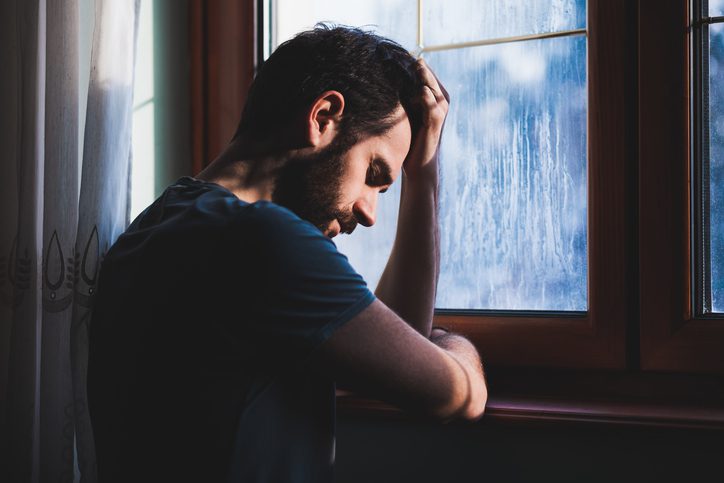It is probably the case that most everyone feels lonely from time to time.
Maybe you are the only person in the office on a Saturday while you try to catch up on work. Maybe you are home alone because everyone else in the family has one activity or another. Maybe a good friend is out of town for a while—or has moved away permanently.
These moments of loneliness are, in general, no big deal and are short-lived. But ongoing loneliness can be problematic. This is especially true for a person who is in recovery from a substance use disorder.
Unfortunately, there is a good chance that a newly sober person might find themselves feeling isolated.
Let’s take a look at a couple of reasons that might be so.
Substance Use Disorders Tend to Damage Relationships
When you are in the grips of a substance use disorder, the drugs or alcohol are doing damage to your body and brain. Meanwhile, you might be doing damage to some of the most important relationships in your life.
You might be fighting with a spouse or partner about your substance use. You might be dropping the ball at work or school and straining key relationships. You could be isolating yourself from your friends to try to hide your problem—or your friends might be avoiding you because they can’t deal with your behavior.
Regaining your sobriety will not automatically repair any of these relationships. But it can be hard to work up the courage to try to make things right with people you have hurt. Because of this, some newly sober people find themselves feeling lonely. That loneliness, if it persists, can trigger a relapse.
When You Regain Your Sobriety, You May Lose Some ‘Friends’
At the same time you might have been damaging some relationships, you may have been forging some new ones. You may have surrounded yourself with other drug or alcohol users—and for a while, at least, it might have felt as though these were your true friends.
But once you are sober, those relationships are not sustainable. Hanging around with people who still use drugs or alcohol—and who will likely encourage you to do so as well—is not a good idea for anyone who is trying to stay sober.
Stave Off Loneliness by Rebuilding the Old and Forging the New
As we have noted, it can be scary to try to reconnect with people you have hurt. But part of building a firm foundation for ongoing sobriety is rebuilding your relationships with friends and family. Once you have taken that difficult but necessary step, you will have a trusted support network of individuals who will look out for you and encourage you to stay sober even when it seems impossible to do so.
Meanwhile, your newfound sobriety also provides an opportunity for you to find some new friends as well. With the time and money you are no longer spending on substances, you might try out a new hobby or volunteer for a cause that is important to you. In doing so, you will encounter like-minded folks and forge new friendships. These healthy relationships also provide ongoing support for your sobriety—even if you never tell these new friends about your past troubles with drugs or alcohol.
You Have a Friend in Farley Center
When you are struggling with drugs or alcohol, it can feel as though you are going through the situation all on your own. It may well seem as though no one can help you—and that you cannot help yourself. That is a pretty lonely feeling.
But the happy fact of the matter is that you do not have to battle a substance use disorder entirely on your own. At Farley Center in Williamsburg, VA, we have an entire team of dedicated individuals who provided personalized treatment grounds in both empathy and expertise.
And in addition to addressing your substance use disorder via detoxification and rehabilitation, we can also address any co-occurring mental health disorders. This is essential because lasting sobriety and good mental health go hand in hand.
When your time in residential treatment comes to an end, your relationship with Farley Center continues in the form of our continuum of care. We are committed to ensuring you have access to resources, strategies, and support in the early days of your recovery journey.
So don’t go it alone. If you are ready to get sober, we are ready to get to work.


